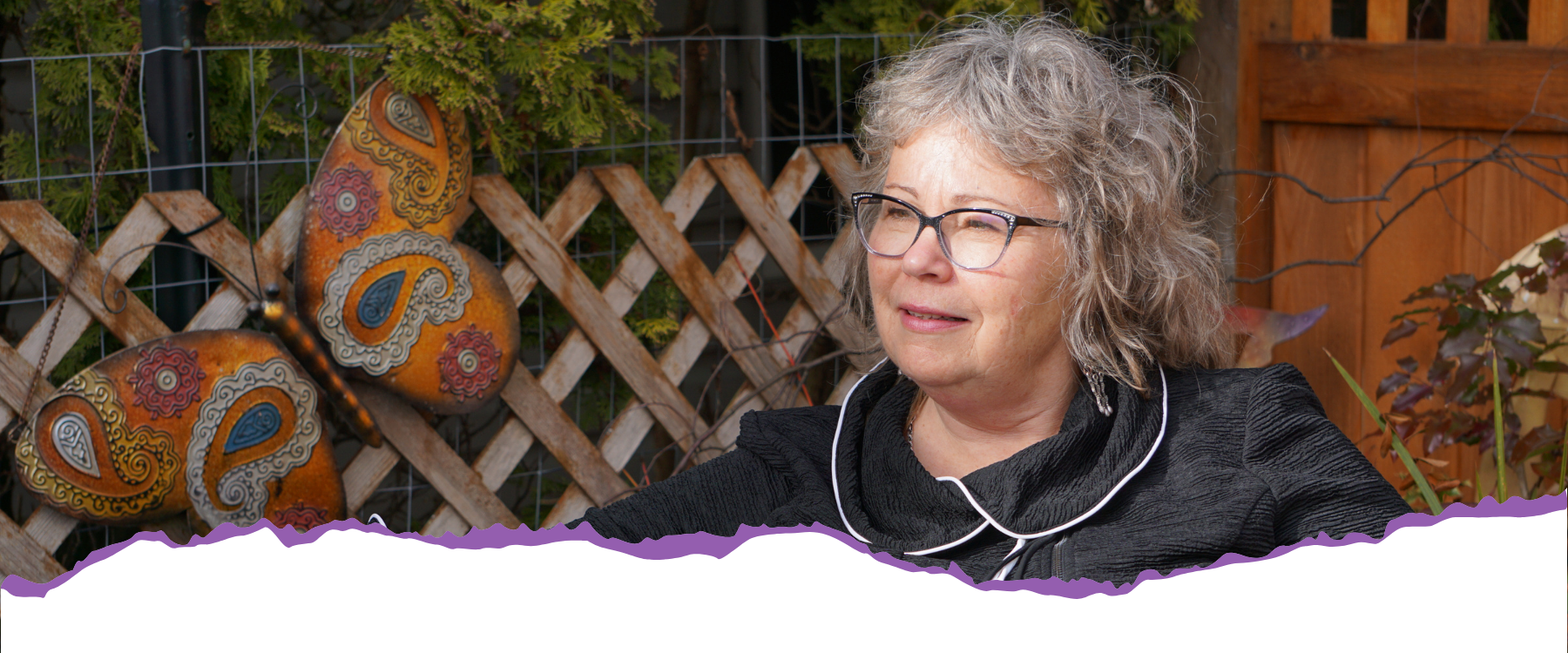
Support and companioning
It’s a good thing I like tea because drinking it is big in my work! As the Mad Hatter says in Alice in Wonderland, it’s always tea time…
Sitting or walking with someone – holding space for hard conversations and for just being with difficult or intense emotions and situations. Listening carefully and with no judgement. Finding some humour in the storm. Companioning. Offering compassion and small rituals to ease bumpy moments.
Whether you are the one doing the dying or one who loves them, death can be just plain hard, and we often feel unprepared for it. Here are some specific ways I can offer support and companioning:
Information, resources and referrals for services
Conversations about your personal, spiritual, and/or cultural beliefs, your hopes and fears, and what a ‘good’ death means for you or your person
Facilitating meetings/circles
Guided meditation, breathing/grounding exercises and nervous system regulation practices
Readings, poetry and rituals for tough moments
Facilitating and participating in vigils and farewells by loved ones
Companioning through medically assisted death (MAID) and/or pre/post MAID support for loved ones
Preparing loved ones for what to expect as death nears
Reiki support - in person or remotely
Integration support after a death of a loved one, including required decision-making and referrals
Support and companioning can extend after death and can also be offered in the wake of a sudden death. Holding space for what has happened and supporting the living to process and re-process the experience, as well as navigate all the aftermath details. Expected or unexpected, death always comes as a shock to those still living. It leaves a rip or a hole or a thin spot in the energetic fabric of our lives. One that takes time to be fully seen and felt, and then somehow re-constructed.
I like the metaphor of darning for our mourning - because it is a creative and manual process that results in something that looks and feels different than before, while being built upon and woven into what was already there. Maybe it involves different wool or thread or texture or colours. Maybe the fabric of who we are can actually become stronger through it. Like darning, mourning may not be something we are thrilled about doing, yet it is necessary at some point. They are both somewhat lost arts these days.
At some point, I like to have a short closing ritual to mark the end of our journey together and offer referrals for services such as grief support if required.



